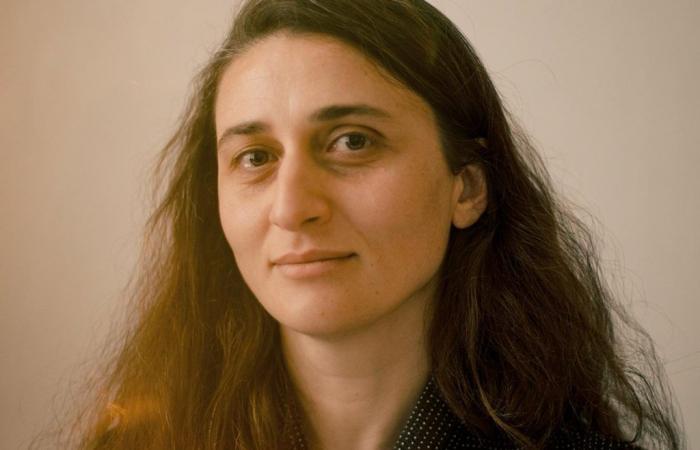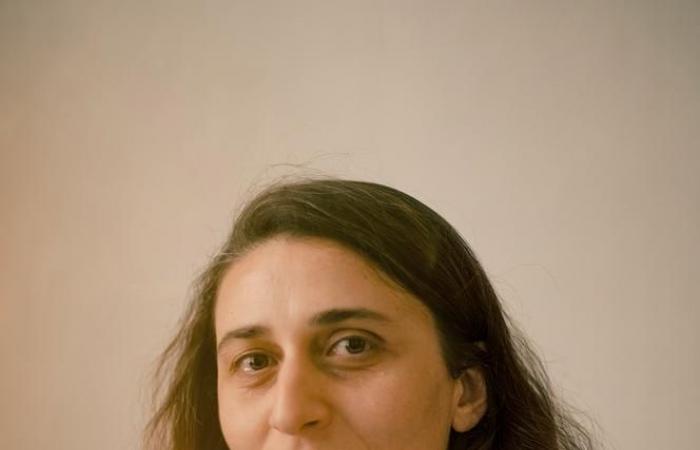Producer and director Keto Kipiani, 38, left her home in Tbilisi, capital of Georgia, to present her latest film at the Kutaisi International Short Film Festival. The third city of this former Caucasian Soviet Republic, where this event took place from October 4 to 9, is culturally much less dynamic but offers a relaxed, almost bucolic setting. “Everyone in the community couldn’t wait to get together at the festival, she then told via video from her hotel room. It’s like our last chance to celebrate cinema together while enjoying the last minutes of freedom and democracy, because who knows what will happen after October 26…”
Read also | Article reserved for our subscribers “Georgia elections pose new geopolitical test after Russia’s invasion of Ukraine”
Add to your selections
Few elections have been so crucial since Georgia gained independence in 1991. The Georgian Dream party, founded by oligarch Bidzina Ivanishvili, has governed the Caucasian nation of 3.7 million inhabitants since 2012. . While he was initially moderate and popular, his increasingly open drift towards pro-Russian authoritarianism has alienated significant sections of society, notably young people.
Although supported by the Georgian Dream during her election in 2018, the country’s president, Salome Zourabichvili, whose powers are very limited, is now the moral figure trying to unify the pro-European opposition made up of four coalitions main. They hope to win the majority of votes in order to relaunch the country’s Euro-Atlantic integration. Failing that, some citizens opposed to the Georgian Dream are reluctantly considering leaving their country.
“The last chance”
This election comes after several waves of anti-government protests, the latest of which was the spring mobilization against the law associating NGOs with “foreign agents”. Keto Kipiani was then in all the parades. “The reason we stopped protesting is the prospect of elections, she explains. After the summer break, we prepare for a bigger fight. This may be the last chance for change for years to come. »
Read also | Article reserved for our subscribers Russian law on “foreign agents” spreads
Add to your selections
In March, when the government put its bill against NGOs back on the table after an aborted attempt in 2023, she imagined for the first time having to leave the country. “Sometimes I think I will stay and fight until the end, sometimes I will leave, she confides. The trigger will surely be when I no longer feel physically safe. »
You have 55.13% of this article left to read. The rest is reserved for subscribers.







